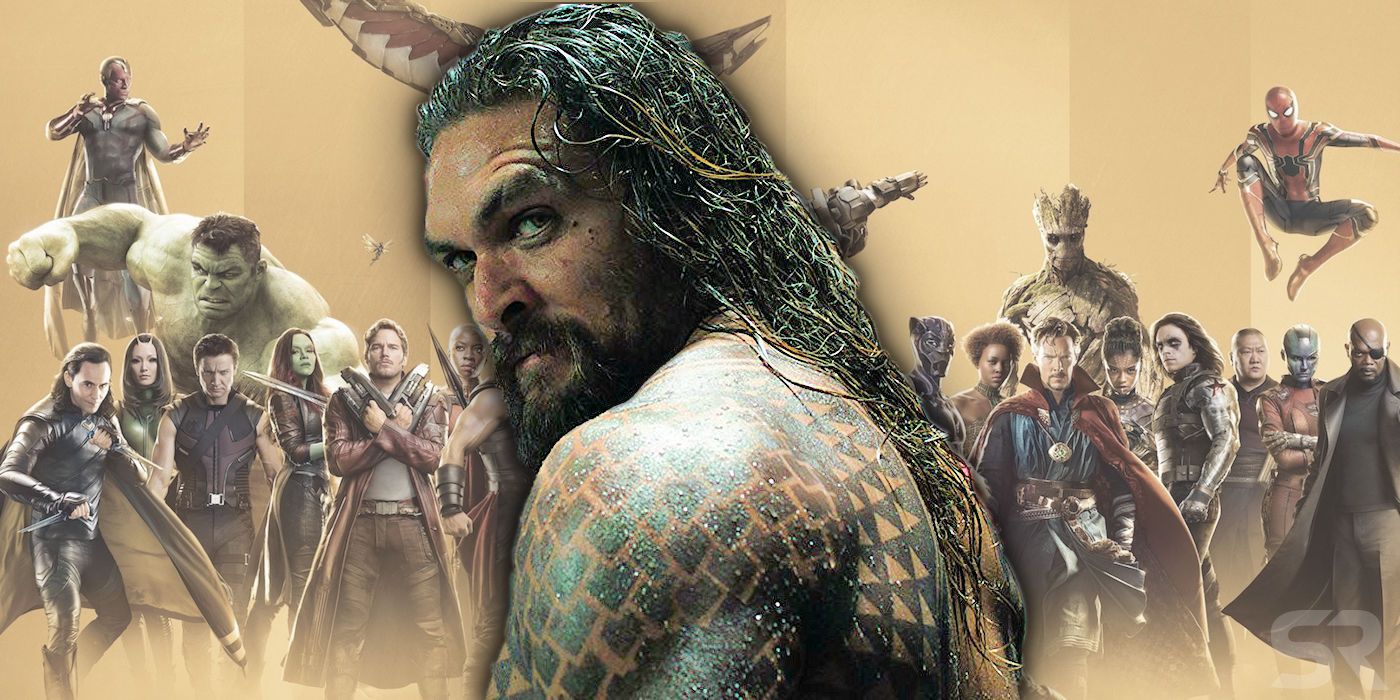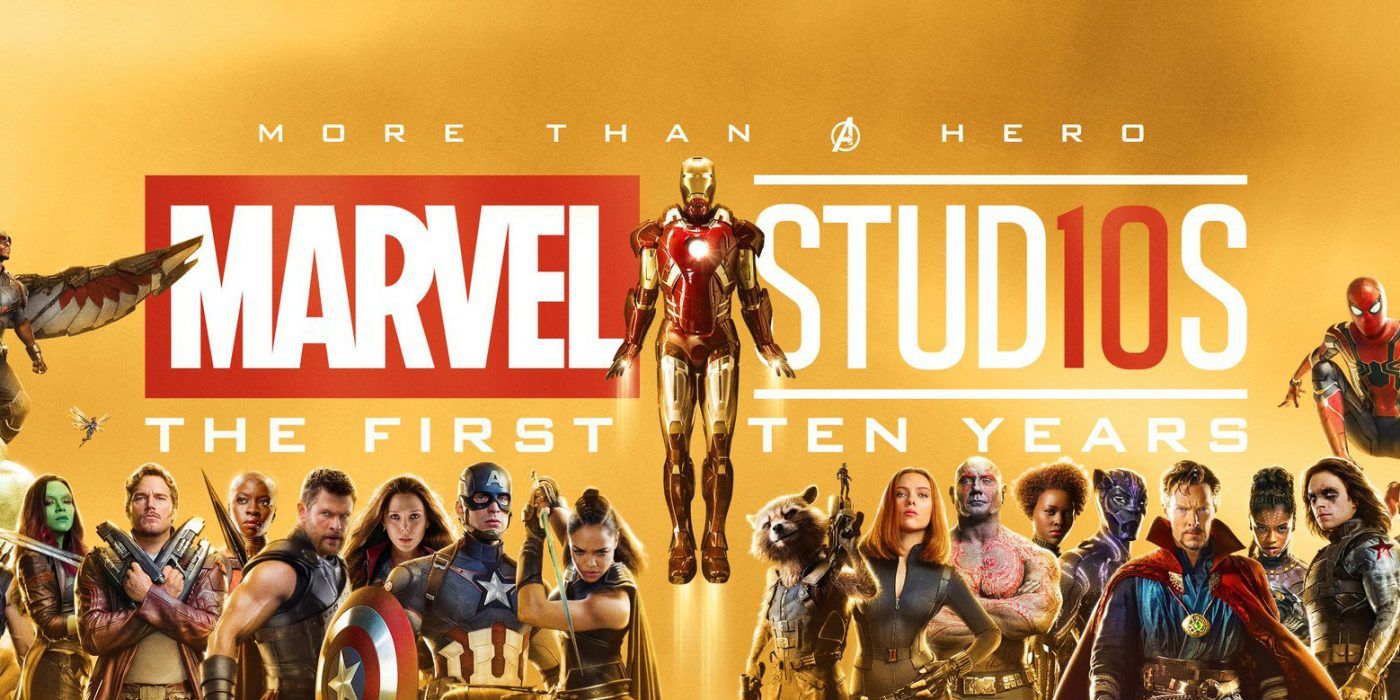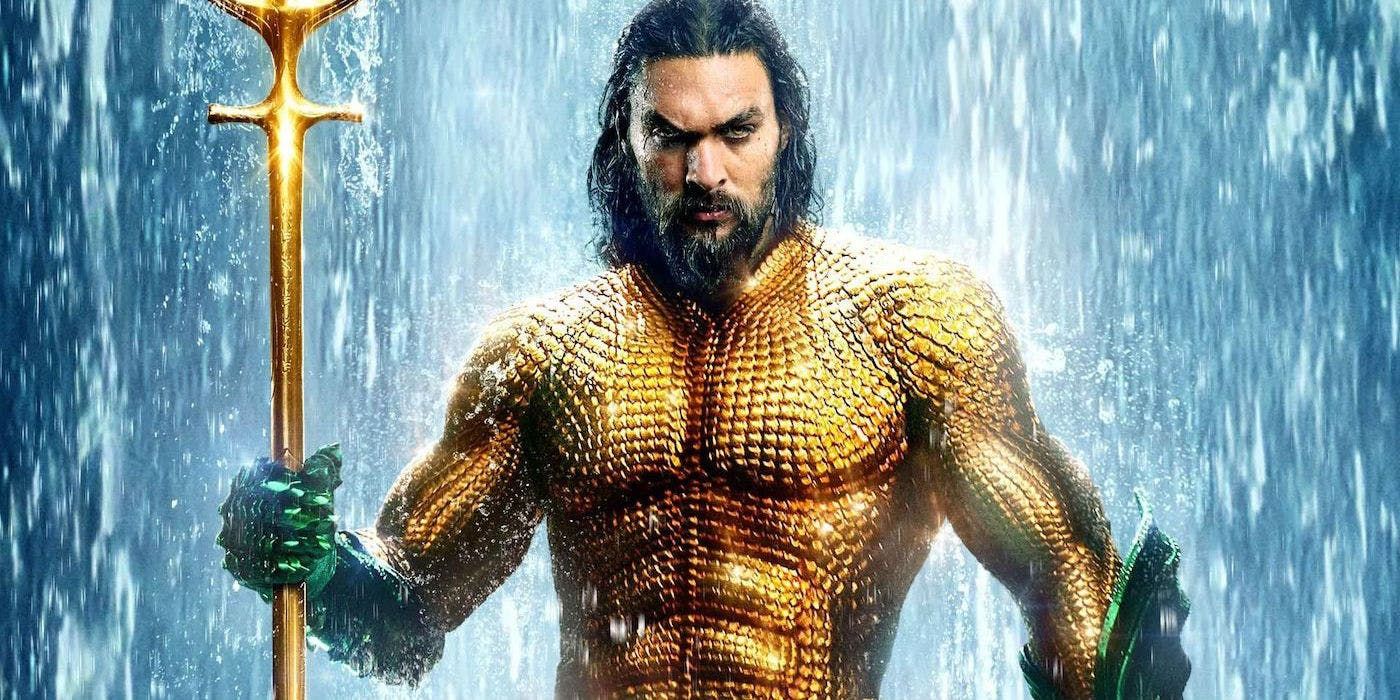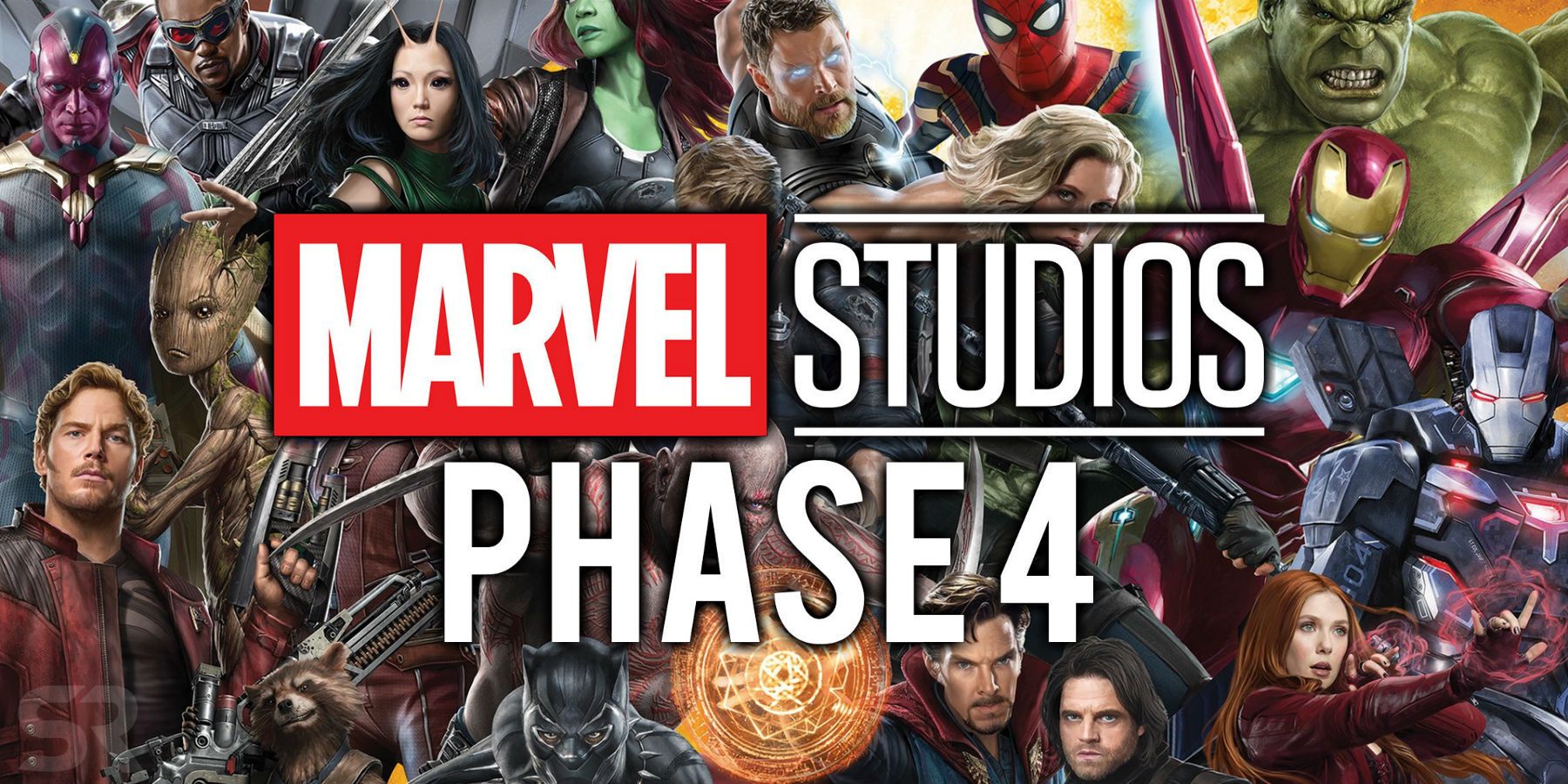When Warner Bros. had decided to pursue a shared universe of their own with their DC characters, the narrative amongst general audiences was that they were copying Marvel Studios - but, as it turns out, there's something that Marvel can learn from DC, specifically from Aquaman's release. James Wan's Aquaman comes more than a year after Justice League hit theaters, and it sees Jason Momoa's Arthur Curry become the true king of Atlantis.
While the unofficially titled DC Extended Universe got off to a somewhat rocky start with regards to its critic reviews, despite each installment still being financially successful, it certainly looks like DC Films has found their footing with their standalone movies in Aquaman and Patty Jenkins' Wonder Woman. And while the studio decided to release two movies in 2016 - Zack Snyder's Batman V Superman: Dawn of Justice and David Ayer's Suicide Squad - and in 2017 - Justice League and Wonder Woman - they took a step back in 2018.
Related: After Aquaman, The Next DC Movies Are All 6 Months Or Less Apart
Aside from the Teen Titans GO! To The Movies animated film, Aquaman was the only live-action DC release last year, which allowed it to be the sole focus for DC fans as well as a palette cleanser for general audiences. While Marvel Studios continues to see outstanding success - both critically and commercially - with their Marvel Cinematic Universe, there's something they could learn from Aquaman's success as the only DC movie in 2018.
- This Page: Marvel Releases Three Movies A Year
- Next Page: How Marvel Can Learn From Aquaman
Marvel Releases Three MCU Movies A Year
Over the course of 10 years, Marvel Studios managed to release 20 movies in theaters around the world; while the latter half of the past decade contained the most releases, with 2009 being the only year an MCU movie hadn't released, that still equates to two movies a year. And it wasn't until 2016 that other studios started following suit with more than one comic book movie a year either. That was when 20th Century Fox released Deadpool and X-Men: Apocalypse while Warner Bros. got the DCEU off the ground with Batman V Superman: Dawn of Justice and Suicide Squad.
It was also the same year that Marvel Studios got Phase 3 of the MCU underway. And since they had to up the ante with the number of characters joining the fold while also closing out the trilogies for individual characters - namely Thor and Captain America - the studio decided to increase the number of movies they released per year to three in 2017, and it's been that way ever since. In 2017, Marvel released Guardians of the Galaxy Vol. 2, Spider-Man: Homecoming, and Thor: Ragnarok. Then, in 2018, they put out Black Panther, Avengers: Infinity War, and Ant-Man and the Wasp. And now, in 2019, they've got Captain Marvel, Avengers: Endgame, and Spider-Man: Far From Home.
Related: Every Phase 4 MCU Movie In Development
To put that into perspective, Marvel Studios will have released nine movies in three years, whereas it took them about seven years to do the same in Phase 1 and Phase 2. While many fans openly welcome more MCU movies, releasing three installments in a single year (and so close together, for that matter) can have a negative impact on theater attendance and overall progression of the overarching narrative. Compare this to DC Films, which only released one movie in 2018.
Page 2 of 2: How Marvel Can Learn From Aquaman
Aquaman Was DC's Only Movie In 2018
Several years ago, Warner Bros. announced plans for an entire shared universe, which included releasing The Flash in early 2018 with Aquaman hitting theaters later that summer. Of course, plans changed along the way, and The Flash solo movie has since fallen into development hell, despite landing an esteemed directing duo in Jonathan Goldstein and John Francis Daley. Aquaman, on the other hand, suffered a minor delay from its summer 2018 release to December 2018. Even though Aquaman went up against big hitters like Mary Poppins Returns and Spider-Man: Into the Spider-Verse, it came out on top by becoming one of the highest grossing DC movies ever.
Instead of pushing another film into production in order to get two live-action DC movies in 2018, WB opted to maintain the 13-month gap between Justice League and Aquaman. As it turns out, it was the best decision they made, since it gave Aquaman the opportunity to distance itself from Justice League. Interestingly, though, the conversation had changed around Justice League in 2018. While many people moved on from the movie and onto other topics, the people still interested in Justice League were less vitriolic about the theatrical cut and more hopeful about a potential Snyder Cut release. Even though that's not something WB could control, literally distancing Aquaman's release from Justice League worked in the movie's favor; however, it could've been nothing more than mere happenstance.
Related: Aquaman's Success Proves Zack Snyder's DCEU Isn't Dead Yet
In the end, Aquaman being DC Films' only movie in 2018 gave the DCEU the chance to take a breather and allow for restructuring behind the scenes. Sometimes the overarching narrative can become too dominating when it comes to shared universes (see: fans wondering how Infinity War would affect Ant-Man and the Wasp), and that can be detrimental to movies that are supposed to be standalone. In Aquaman's case, it was an entirely standalone film that worked within (and outside) the DCEU. And while it may not be welcome by many people, Marvel Studios could actually learn from Aquaman's success and apply it to the MCU.
Marvel Shouldn't Release 3 Movies A Year After Avengers 4
Again, the Marvel Cinematic Universe has grown exponentially ever since Captain America: Civil War released in 2016 and not only separated the core Avengers but introduced two characters who are of the utmost importance to the MCU's future - Black Panther and Spider-Man. While Phase 1 and Phase 2 of the MCU contained movies that were mostly standalone (but still subtly tied into the grander story at hand), Phase 3 has been almost entirely focused on setting up Thanos' arrival in Infinity War. And now that Thanos has landed and succeeded in his megalomaniacal plan to wipe out half of all life in the universe, Marvel's Decimation has put a hold on practically everything else in the MCU.
Just look at Captain Marvel and Ant-Man and the Wasp - two movies that release after Infinity War but still take place, narratively, prior to the events of the Russos' film, which allows the filmmakers room to tell their stories without conflicting with Thanos' snap. However, because both movies come out after Infinity War, they can be perceived as "filler" installments while fans wait for Phase 3's epic conclusion in Avengers: Endgame. Sure, Ant-Man and the Wasp was a fun movie to watch, but the conversation about the film has been almost entirely dominated by how it ties into Avengers: Endgame - specifically, how Ant-Man can escape the Quantum Realm. No one's talking about where Ghost went in the end or who Sonny Burch's secret client really was.
Unfortunately, that's the reality the MCU currently finds itself in. Even if each installment remains standalone, releasing movies so close together (see: Captain Marvel coming out just seven weeks before Avengers: Endgame) means the conversation for each film doesn't have time to run its natural course and settle down before the next installment releases. Instead, releasing fewer movies a year, as DC Films did with Aquaman (even 2019 has one "DCEU" movie with Shazam!, and 2020 has Wonder Woman 1984 as the main DCEU release), it would allow Marvel Studios to control the narrative around each movie going forward.




